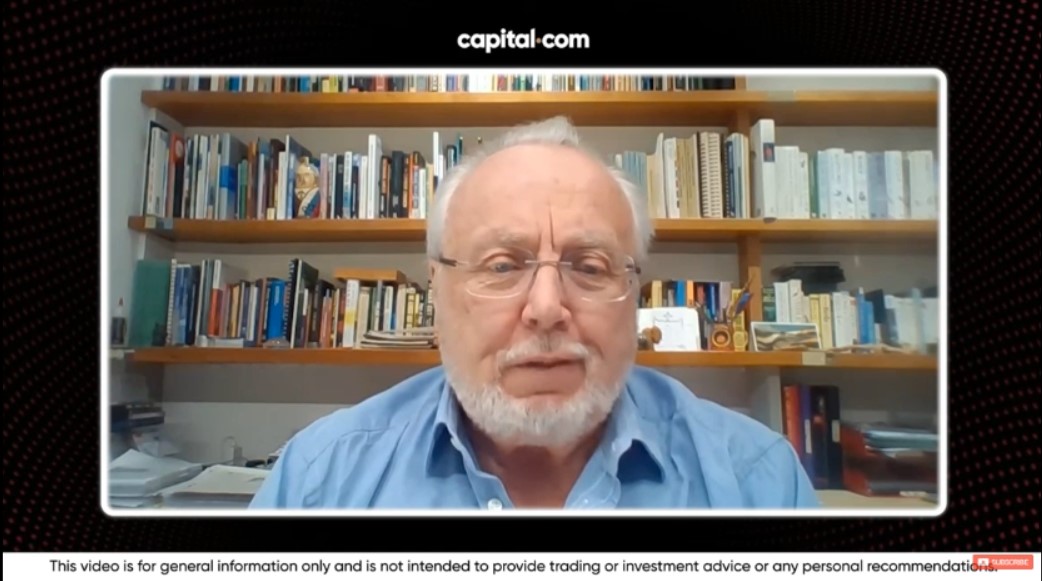
Is it achievable technologically? Yes. We already have the technology we need to get to Net Zero, and there is a lot more to come. There is a lot of research going on that has been triggered by the challenge of reaching net zero. So, we are going to have the technology we need. We don’t have a technology problem. Can we deploy that technology fast enough? I think that is a much more difficult question.
We are not looking for new technologies to do this, but we are looking for new ways of thinking about things, new ways of organizing things, new policy measures, and we are certainly looking for a lot more political commitment. I think we do have a real problem with getting to net zero, but it is a political problem, not a technology problem, and not really an economic problem.
Nobody would have thought 12 months ago, that Germany could get off of Russian gas, without disrupting its economy completely, but it has actually managed to do that pretty successfully. In the Second World War the US turned its whole industry from producing cars to producing tanks in 12 months, and they did that with a lot less capability to change than we have now. So, I think there is no reason to think that we can’t do something if we set our minds to doing it and put the effort in.
The criteria you have to meet for energy is that it has to be secure and it has to be affordable. Again, I don’t think the problem with that is technology, I think the problem with that is whether we adopt the right policies and whether we put the right amount of effort in, and a lot of that depends on how serious you think the problem is.
I think one of the biggest obstacles to reaching Net Zero is the ‘nuclear delusion’. The thing to remember about climate change is that this is an argument between physics and politics, and physics will always win. There is a time constraint on this, it’s not just that we have to get somewhere, markets are very good at exploring the least costly way to get somewhere, but not if you put a time constraint on it. Nuclear is already too expensive, and if you try to do it at scale, it gets more expensive because you have very constrained supply chains, for specialist skills and specialist materials. So, there is a time problem with nuclear. You want to do the things that you already know how to do, so that you can do them quickly. The thing that we can do fastest is to improve energy efficiency, particularly in our buildings. We already know how to do that and that is where we should be putting our energy and effort.
These are a few excerpts from an interview I did for capital.com. The full discussion can be seen here:
Capital.com is a Financial Conduct Authority (FCA), Australian Securities and Investments Commission (ASIC) and Cyprus Securities and Exchange Commission (CySEC)-licensed fintech group committed to building the world’s best trading experience.
